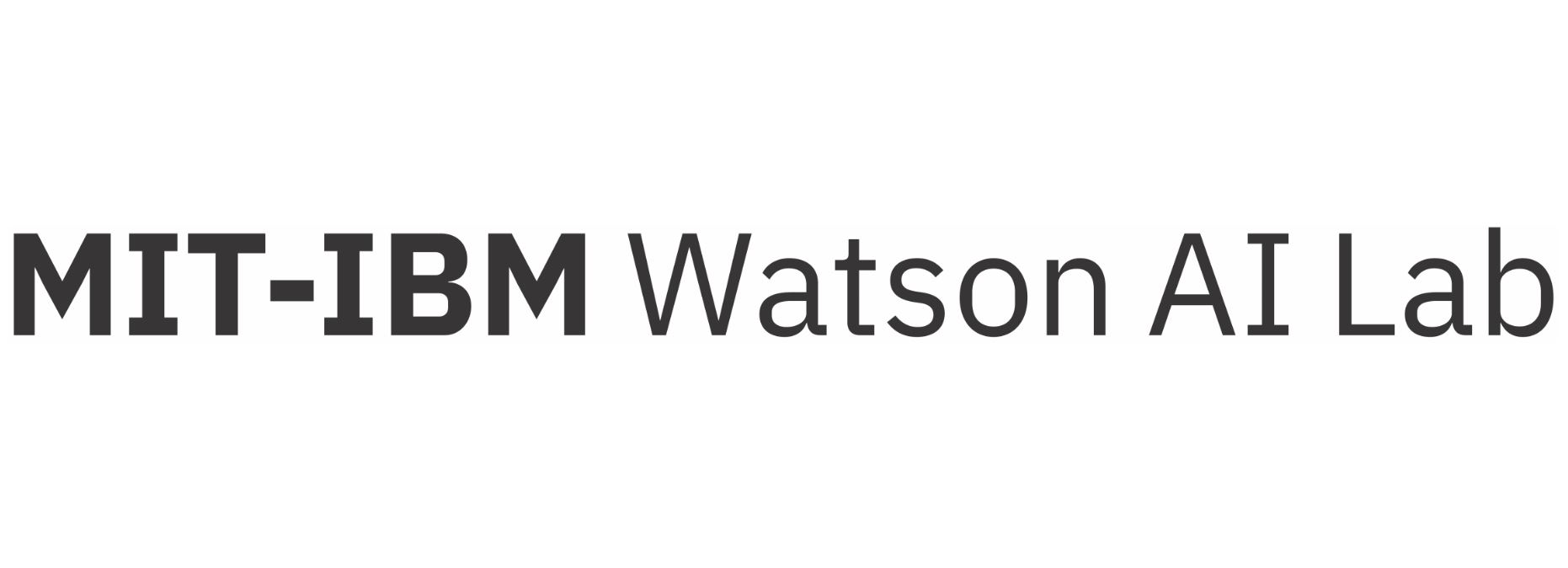GANocracy: Democratizing GANs
Once an obscure machine learning technique, generative adversarial networks, or GANs, are now everywhere. By pitting one neural network against another, GANs can create images and sounds convincing enough to fool the human eye and ear. GANs have made computer graphics come alive and given artists new tools for expression. The synthetic data produced by GANs are helping researchers fill in the gaps in streams of data to create more realistic simulations and make better predictions. GANs may also hold potential for protecting the anonymity of personal data and testing AI models for bias. But as GANs grow in popularity, so have concerns about their misuse.
This workshop will focus on the promise of GANs and include discussion of how we can exploit their benefits while minimizing their potential harm. Topics will include the nuts and bolts of generative models, their applications, generative art, and the science and theory of GANs. We will also discuss technical solutions like “GANtidotes” to detect and protect against dangerous uses.
The event will feature tutorials, talks, a panel discussion, a poster session, and refreshments. It will be live-streamed from 12:00–6:00pm and tutorial content will be made available on our tutorial webpage.
Speakers
(MIT)
Tutorial Presenter
(Princeton)
New theoretical framework for unsupervised
learning
(MIT)
Tutorial Presenter
(NYU Courant)
Leveraging GANs for fairness evaluations
(UC Berkeley)
Reasons to love GANs
(MIT Quest Bridge)
Tutorial Presenter
(Adobe)
Can Computers Create Art?
(Facebook / Georgia Tech)
Adversarial Domain Adaptation
(MIT)
Toward visual definitions of cognitive
impressions
(MIT-IBM
Watson AI Lab)
The "aesthetics of the passage"
(MIT)
Panel Moderator
(DeepMind)
Training Language GANs from Scratch
(Harvard SEAS)
Controllable Text Generation
(Neural Bricolage)
Playing a game of GANstruction
(MIT-IBM Watson AI Lab)
Tutorial Presenter
(MIT)
GAN Dissection: Visualizing and Understanding
Generative Adversarial Networks
(CUHK)
Discovering and Manipulating Facial
Attributes in High-fidelity Image Synthesis
Schedule
- Date: Friday, May 31, 2019
- Time: 8:30am–7:00pm
- Where: MIT Building 46 (BCS Atrium and Singleton Auditorium) and Building 34 (34-101)
- Live-stream: Available here from 12:00–6:00pm
|
8:30–9:00 |
Coffee |
|
9:00–11:45 |
GAN Tutorial |
|
11:45–12:15 |
Posters and Gathering |
|
12:15–12:20 |
Opening |
|
12:20–12:50 |
Keynote |
|
12:50–2:15 |
Generative Models: Science and Theory |
|
2:15–2:45 |
Coffee and Posters |
|
2:45–4:00 |
Generative Models: Arts |
|
4:00–4:20 |
Break |
|
4:20–5:30 |
Generative Models: Applications |
|
5:30–6:00 |
Panel Discussion with Speakers |
|
6:00–7:00 |
Posters and Reception |
Call for Posters
- Deadline to submit abstracts to present a workshop-related poster: Friday, May 24, 5 PM (EST)
- Submit your poster here
- Poster format: up to 48''×72'' (landscape orientation), paper.
Registration
- Deadline: Friday, May 24, 5 PM (EST).
- Register here
Workshop Organizers
Contact
Venue
Brain and Cognitive Science Complex
MIT Building 46
43 Vassar St, Cambridge, MA 02139
BCS Atrium and Singleton Auditorium
Overflow rooms: 46-3189 and 46-3310
EG&G Education Center
MIT Building 34
50 Vassar St, Cambridge, MA 02139
Room 34-101



